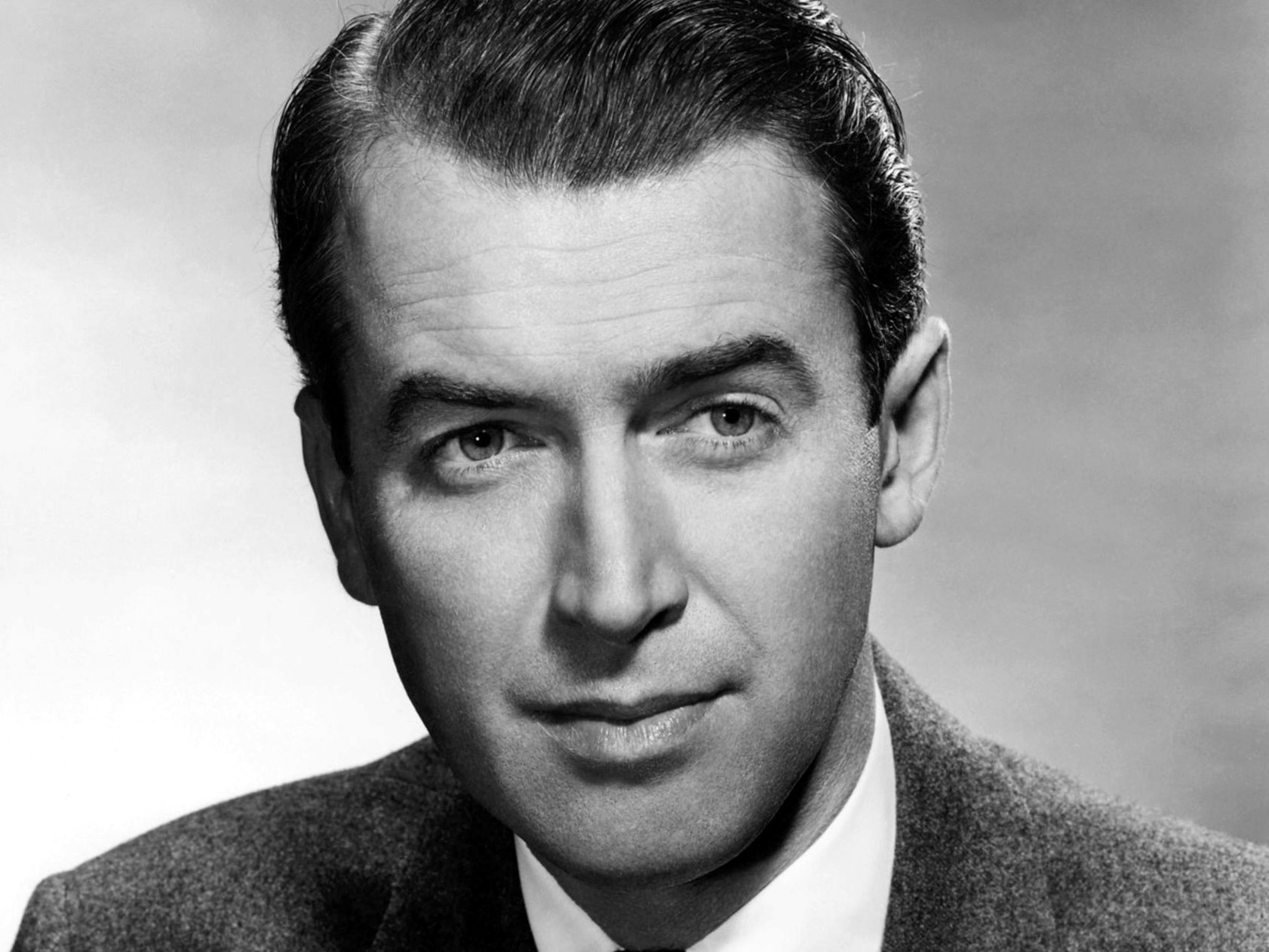
With an acting career spanning over half a century, James "Jimmy" Stewart became one of America's most beloved Hollywood icons. His distinctive drawl and everyman screen persona led to quick acceptance by the movie-going public. Although he appeared in more than 80 films, Stewart is perhaps best remembered for his roles as slow, stammering, sometimes bashful heroes. This includes his work in the 1939 political comedy "Mr. Smith Goes to Washington," in which he played a naively heroic young senator. And yet, in real life, Stewart was anything but naive. During WWII, he put his flourishing acting career on hold (he'd just won an Oscar for Best Actor for the film “The Philadelphia Story,” which also starred Cary Grant and Katharine Hepburn) to enlist in the U.S. Air Force. As a wartime pilot, he led 20 bombing missions over Germany and won a slew of decorations, including the Distinguished Flying Cross twice. His first movie after the war was the 1946 holiday classic, "It's a Wonderful Life." He continued acting in more great films, TV, and Broadway productions until his retirement in the mid-1980s. His honors and awards included five Oscar nominations, the American Institute's Achievement Award in 1980, a special Academy Award in 1984, and a Presidential Medal of Freedom in 1985, which is the nation's highest civilian honor.
Stewart got his first taste of performing during his time at Princeton University. In 1928, he entered as an architecture major. At the time, Stewart had no intention of going into show business, and he enrolled in college at his father's insistence. As was the family tradition, Stewart was to complete college and later take over the family business: the J.M. Stewart and Company Hardware Store. A top student, he excelled academically, but gradually his interest shifted towards the school’s extracurricular pursuits, especially Princeton's famed Triangle Club, the school's touring theater troupe. In fact, it was during his time participating in Triangle Club musicals that Stewart first began honing his acting and comedic skills. Primarily on the basis of an impressive senior thesis, Stewart graduated in 1932 with honors and even won the D’Amato Prize, a scholarship to study architecture in graduate school.
Over the years, Stewart and Princeton developed a deep-seated affection for one another. With his wife and children, Stewart often returned to his old collegiate stomping grounds to attend his class reunions and countless special events on campus. From 1959 to 1963, he served as a University Trustee. In 1947, Princeton presented Stewart with an honorary degree; and in 1990, Princeton awarded him its highest alumni honor, the Woodrow Wilson Award for Outstanding Public Service. Additionally, in 1997, Princeton honored the actor with the dedication of the James M. Stewart Theater, ensuring that his tremendous achievements will remain woven into the fabric of the campus for many years to come.
